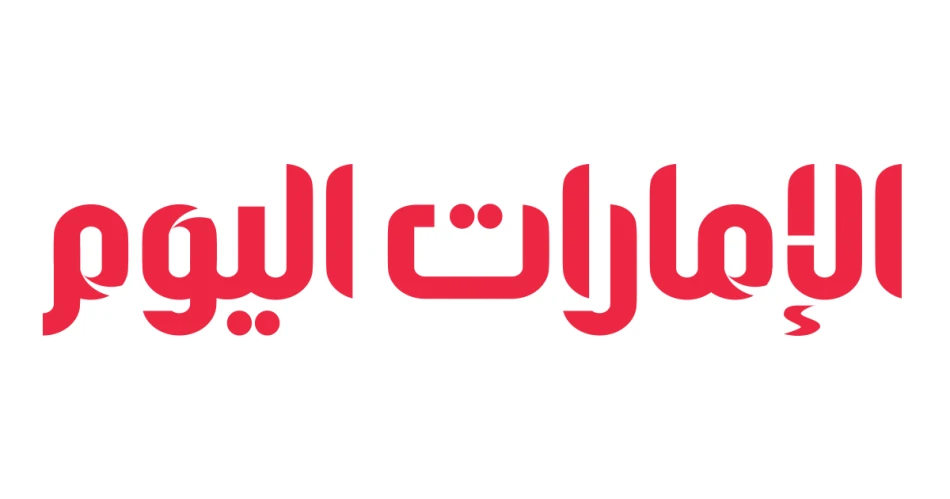
Heartbreak for Morocco as Nigeria Snatches Women's Africa Cup of Nations Title
Nigeria Extends African Dominance with Dramatic Women's AFCON Victory Over Morocco
Nigeria cemented its status as the undisputed powerhouse of African women's football, claiming its 10th Women's Africa Cup of Nations title with a thrilling 3-2 comeback victory over Morocco in Rabat. The dramatic final showcased both the growing competitiveness of African women's football and Nigeria's unmatched championship pedigree on the continent.
Morocco's Dream Start Crumbles Under Pressure
Playing before a packed crowd of 21,000 at the Olympic Stadium in Rabat, Morocco appeared destined for a fairy-tale ending to their tournament. Goals from Ghizlane Chebbak in the 12th minute and Sanaa Mssoudy in the 24th minute gave the Atlas Lionesses a commanding 2-0 halftime lead, sending the home crowd into raptures.
The early advantage reflected Morocco's impressive tournament run and growing investment in women's football infrastructure. However, it also set the stage for one of the most memorable comebacks in AFCON history.
The Super Falcons' Championship DNA Shines Through
Nigeria's second-half transformation demonstrated why they remain Africa's most successful women's national team. The comeback began in the 64th minute when Esther Okoronkwo converted from the penalty spot, reducing the deficit and shifting momentum.
Seven minutes later, Folashade Florence restored parity with a crucial equalizer, setting up a tense finale. The decisive moment came in the 88th minute when Jennifer Echegini struck the winner, completing one of the most dramatic turnarounds in recent AFCON memory.
Record-Breaking Achievement
This victory extends Nigeria's remarkable record to 10 AFCON titles, more than double any other nation in the competition's history. The Super Falcons have now won the tournament in four different decades, underlining their sustained excellence and development programs.
Broader Implications for African Women's Football
The final highlighted the rapidly improving standard of women's football across Africa. Morocco's strong performance, particularly in front of their home crowd, signals the emergence of new challengers to Nigeria's traditional dominance.
The 21,000 attendance figure represents a significant milestone for women's football in North Africa, demonstrating growing fan engagement and commercial potential. This mirrors similar trends seen in European championships and the FIFA Women's World Cup, where attendance records continue to fall.
Development and Investment Paying Dividends
Both finalists have benefited from increased investment in women's football infrastructure and coaching programs. Nigeria's victory validates their long-term development strategy, while Morocco's runner-up finish suggests their recent investments are beginning to yield results.
The competitive nature of the final, combined with strong attendance figures, provides compelling evidence for continued investment in women's football across the continent. This tournament may well be remembered as a turning point for the commercial viability and mainstream appeal of African women's football.
Most Viewed News

 Sara Khaled
Sara Khaled






